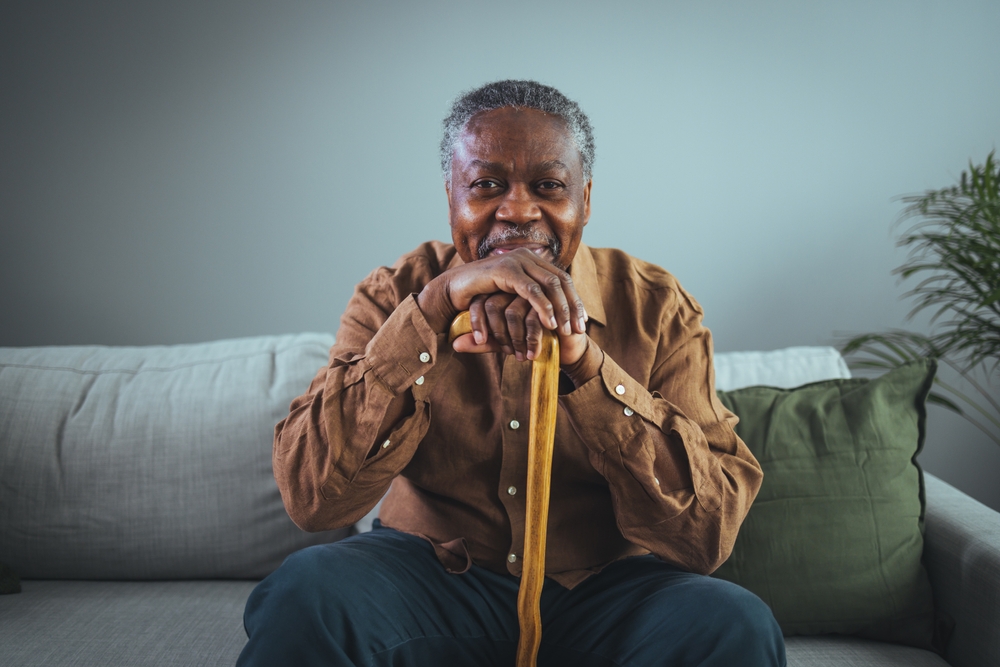When the doctor delivers news that a health condition has no definitive cure, the journey ahead can seem daunting. Yet countless individuals navigate this reality daily, finding ways to not just survive but truly thrive despite ongoing health challenges. The path to wellness extends far beyond medical appointments and medication regimens, encompassing a holistic approach to living that prioritizes quality of life over limitations.
Finding community in shared experiences
One of the most isolating aspects of chronic illness is feeling that nobody understands the daily struggles. Building connections with others facing similar health journeys can transform this experience. Online forums, social media groups, and in-person meetups provide spaces where individuals can share practical advice, emotional support, and genuine understanding without judgment.
These communities often become lifelines during difficult periods, offering validation when symptoms flare or celebrating victories when new management strategies succeed. The sense of belonging these connections foster can dramatically reduce feelings of isolation that frequently accompany chronic conditions.
Many find that participation in these communities evolves over time – from initially seeking support to eventually becoming mentors who guide newly diagnosed individuals through their first steps on a similar path. This progression creates purpose and meaning from difficult circumstances.
Redefining success on personal terms
Living with a chronic condition often necessitates redefining what success and accomplishment look like. The metrics that society typically values – career advancement, physical achievements, or financial milestones – may require adjustment when health limitations enter the equation.
The process begins with honest self-assessment: identifying what truly matters in life, what brings joy, and what creates a sense of purpose. For some, this means adapting career paths to accommodate health needs while still pursuing professional satisfaction. For others, it involves finding new hobbies or interests that work within physical limitations but still provide challenge and fulfillment.
This redefinition isn’t about lowering standards but rather creating authentic, personalized measures of a life well-lived. Many discover that this process leads to greater alignment between daily activities and core values – a silver lining that might otherwise have remained undiscovered.
Becoming an expert health advocate
Navigating complex healthcare systems requires developing advocacy skills that many never anticipated needing. Those thriving with chronic conditions typically become exceptionally well-informed about their health situation, treatment options, and rights as patients.
This expertise develops gradually through researching medical literature, carefully tracking symptoms, and learning to communicate effectively with healthcare providers. The ability to clearly articulate experiences, ask informed questions, and participate actively in treatment decisions transforms the doctor-patient relationship from passive to collaborative.
Maintaining organized records, preparing questions before appointments, and bringing a support person to important medical discussions are practical strategies that enhance healthcare experiences. This empowered approach often leads to more personalized care and better outcomes.
Embracing flexibility as strength
Chronic conditions often bring unpredictability – good days followed by difficult ones with little warning. Rather than fighting against this reality, those who thrive learn to build flexibility into their lives and reframe adaptability as a strength rather than a concession.
This might mean developing multiple versions of daily routines to accommodate varying energy levels, creating backup plans for social engagements, or establishing clear communication with employers and loved ones about fluctuating capabilities. The ability to pivot without self-judgment becomes an essential skill.
Over time, many develop an impressive capacity to listen to their bodies, recognize early warning signs of symptom flares, and adjust accordingly. This bodily awareness, while born of necessity, often evolves into a deeper connection with physical needs that supports overall wellbeing.
Cultivating joy through intentional practices
When health challenges demand significant attention, deliberately creating space for joy becomes essential. This means identifying and prioritizing activities, relationships, and experiences that generate positive emotions, even amid difficult circumstances.
Simple practices like maintaining a gratitude journal, celebrating small victories, or scheduling regular time for pleasurable activities can significantly impact emotional wellbeing. Many find that mindfulness practices help them fully engage with positive moments rather than allowing concerns about the future to overshadow present experiences.
The ability to find humor even in challenging situations represents a particularly powerful coping mechanism. This doesn’t mean minimizing real difficulties but rather finding moments of lightness within them – an approach that research suggests contributes significantly to resilience.
Creating meaning beyond medical identity
Perhaps the most profound transformation comes through developing a sense of identity and purpose that transcends medical diagnoses. While health conditions may influence daily life, they need not define a person’s entire existence or potential contributions.
Many channel their experiences into advocacy work, creative expression, or supporting others facing similar challenges. This outward focus creates meaning from difficult circumstances while connecting personal struggles to broader social impact.
Others find purpose through entirely unrelated pursuits – developing skills, nurturing relationships, or pursuing interests that have nothing to do with their health status. This balanced approach acknowledges health realities while preventing them from consuming one’s entire identity.
Thriving with chronic conditions doesn’t mean denying real challenges or maintaining constant positivity. Rather, it involves building a multifaceted life where health management represents just one component of a rich, meaningful existence. The strategies that support this holistic approach differ for each individual, but the underlying principles – community, adapted goals, self-advocacy, flexibility, intentional joy, and purpose beyond diagnosis – provide a framework for living well despite ongoing health challenges.
The journey toward thriving often progresses nonlinearly, with setbacks and adjustments along the way. Yet each step forward builds resilience and capacity for the next challenge, creating a foundation for genuine wellbeing even without the promise of a medical cure.
















